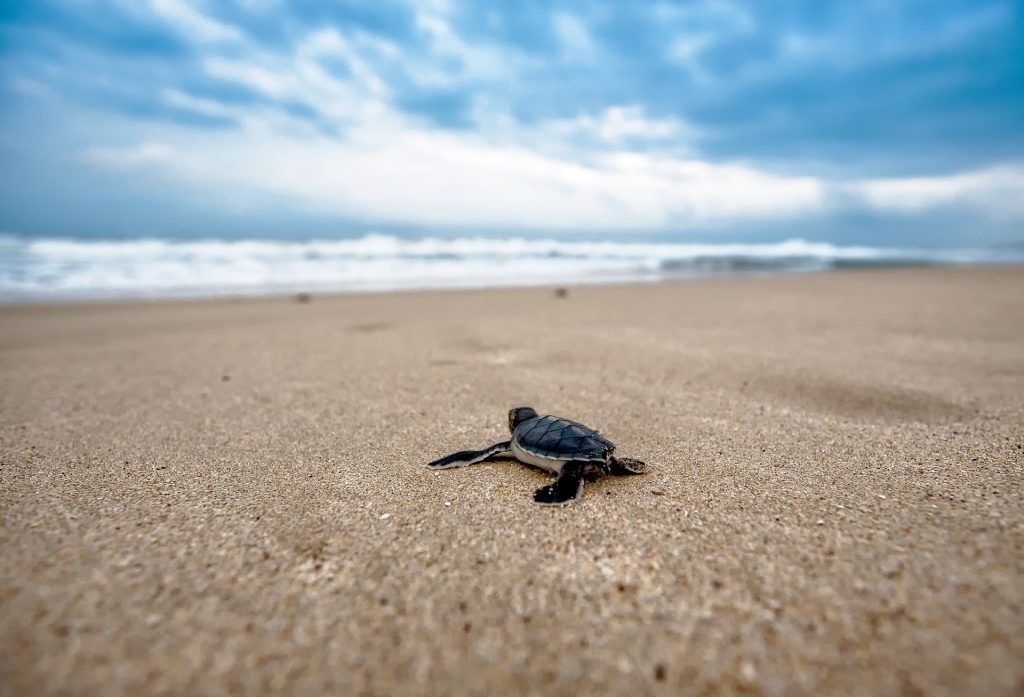Five Turtley Cool Turtle Facts for World Turtle Day
Tortoise Rescue declared May 23 World Turtle Day in 2000, and their Twitter page @WorldTurtleDay is encouraging people to “#shellabrate” by spreading awareness of the struggles these little cuties face around the world.
Popsci claims that most species of turtles are endangered due to habitat loss, illegal pet trade, and environmental destruction. Tortoise Rescue, a foundation committed to saving turtles and tortoises of all kinds writes that “biologists and other experts predict the disappearance of turtles and tortoises within the next fifty years.”
Although everyone knows that turtles are slow, they do have some other unique qualities:
- For starters, their shells are “an evolutionary modification of the rib cage and part of the vertebral column.” So a turtle is connected to it’s shell, and can’t crawl out of it.
- Although land turtles can retract their head and arms into their shells, sea turtle cannot.
- Different types of turtles can be carnivorous, herbivorous, or omnivorous, but they can adapt to whatever food their environments provide.
- Turtles have been to space– well, tortoises, that is. In 1968, The Soviet Union sent a number of live passengers into space in probe Zond 5, two of which were Russian Tortoises. The turtles were brought back to the lab after the mission, and scientists found that they had no loss of appetite, did lose about ten percent of their body weight.
- Turtles were here before most of their other reptilian cousins (such as alligators and snakes). They’ve been traced back to 200 million years ago– the same time when dinosaurs roamed the Earth.

These facts show that turtles are resilient animals, and studies show that they can outlive most humans by 100 years when in a he
althy environment. However, poaching, environmental destruction and harmful pet practices are driving turtles’ numbers down. A list of steps on how to help turtles can be found on Tortoise Rescue’s website, but some of these tips include
- Not buying turtles or tortoises from pet stores, because this increases the demand, and causes more turtles to be taken from their natural habitat.
- Never removing turtles from the wild, unless they’re sick or injured.
- Write to your legislators and ask to keep sensitive habitats preserved and to stop shore drilling to prevent the deprivation of turtle habitats.




